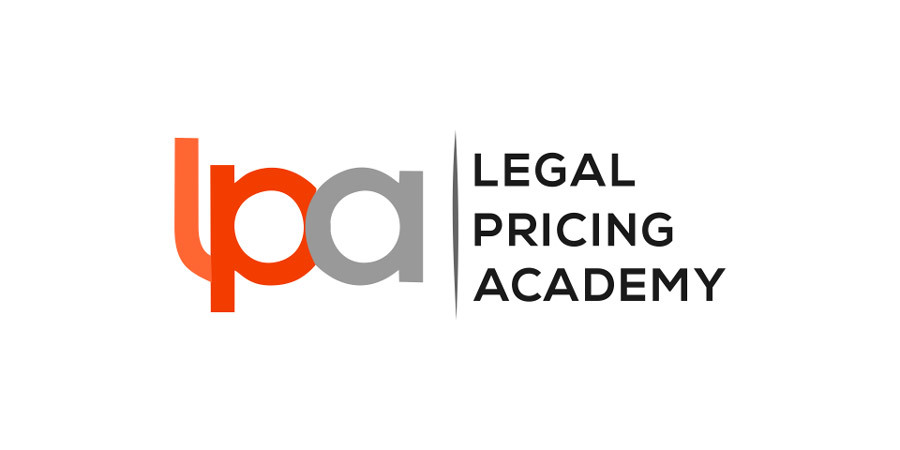Many GCs and law firms find the way that Requests For Proposal (RFPs) and their like are currently run is seriously flawed; often combative, adversarial and destructive of professional relationships. There may be a better way.
As the opening salvo (sorry, excuse the unintended pun) would suggest, the way that Requests For Proposal (RFPs) and their like are currently run is seriously flawed. Neither law firms nor General Counsel are particularly happy with the way things work at the moment. Why? Because quite simply, the end result can often feel like a Pyrrhic victory for both parties.
No-one is happy with the status quo
The law firm feels like it's been ‘nailed to the wall’ and has no incentive whatsoever to add extra value or go beyond the particular brief or job specification, develop client specific resourcing or otherwise invest heavily in the relationship at the firms cost.
From the point of view of the commercial client, many of the senior people in the in-house legal department have come out of larger corporate law firms (read, poacher turned gamekeeper!) and they know exactly how the system works, particularly when most of the focus of the RFP process has been on headline hourly rates. Sure, the response is often dressed up with talk of AFAs, secondments and other similar trappings but in the final analysis, both sides default back to an intense discussion around hourly rates because that is the only empirical metric both can understand and agree upon.
Yet both sides know that this methodology is ‘broken’. For example, let's say a partner from one law firm (Partner A) charges £1,000 an hour and a partner from another firm (Partner B) charges £300 an hour. Looking only at those rates, a corporation might chose to work with Partner B and his firm. What the hourly rate fails to show is how long it will take Partner A to complete the work versus Partner B and what the likely result of the work will be.
If Partner A has considerably more experience than Partner B and a larger staff behind him, it might take Partner A 10 hours to finish the work, at a cost of £10,000, with a high degree of quality. If Partner B doesn't have as much experience and a smaller staff, it could take him 40 hours to finish the same amount of work, at a cost of £12,000, and the subsequent work product be lacking in quality. In this example, it would actually cost less, and you'll get a better work product, to work with Partner A, although this is not directly seen in the billable hour rates.
This is unacceptable!
So everyone is agreed that the present system has some serious flaws. Competitive tendering, reverse auctions and the like are a fact of life and will continue to be so but as I've already noted the present procurement process often leaves both sides with a rather bad taste in the mouth. Because of the combative and adversarial nature of the negotiations, the relationship often proceeds to a greater or lesser extent on a foundation of mutual distrust and disrespect.
No one would tolerate a relationship of that nature with a spouse/partner, or their doctor or other trusted adviser. Often, the drive for cost savings and accountability ends up destroying or seriously compromising the relationship. There has to be a better way and as a result, there is a growing appetite for a more constructive and sophisticated alternative.
So what is the alternative?
What is missing from the dynamic is an intermediary who can assist the firm and the client to achieve the outcomes they both want; a mediator/facilitator if you will. The law firm wants work continuity and some predictability of work volumes and for the work to be profitable. Clients want responsiveness and proactivity on the part of the law firm, commercial solutions and not just legal opinions, value-add strategies such as internal training and secondment, cost predictability, overall budgetary certainty and (in the present climate anyway) cost savings.
These are not mutually exclusive outcomes but historically the perception has been that the whole process has to be conducted as a zero-sum game; I win, you lose!
Most law firms want to continue their relationship with their corporate clients but there are always aspects of that relationship that can be improved from the firm's perspective. Equally, the client will have a list of objectives. Some of the firms and the clients’ objectives will be able to be addressed very easily and others will be considerably more challenging. The point is that if there is already significant goodwill and mutual trust and respect at the heart of the relationship, surely it makes sense to invest in addressing those aspects of the relationship that need some attention instead of creating a process that will inevitably undermine that goodwill.
When a husband/wife relationship of some years finds itself going through a rocky patch, they are often encouraged to enlist external assistance to help them work through those problems. They do not for the most part receive advice to go out and start dating other people and compete to regain their partners’ affections. Why we think that this is a recipe for success in a trusted adviser relationship, I do not know.

